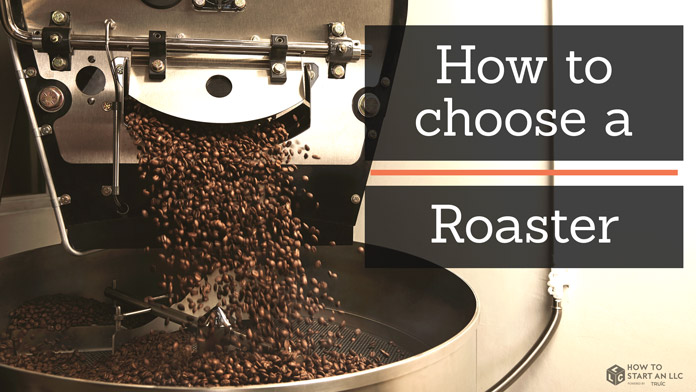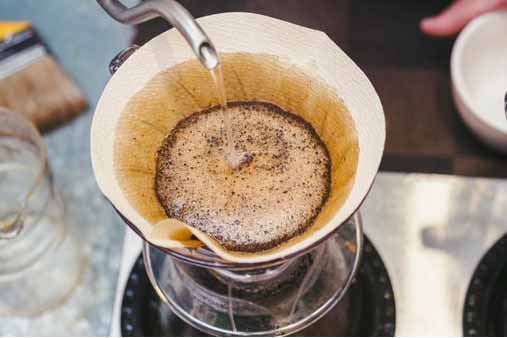How to Choose a Roaster
The more information that is available about your coffee, the better. Not only do these background details enable you to inform customers thereby enhancing their experience, but it also demonstrates your business’ dedication to sourcing and serving high-quality coffee.
Recommended: Read our full, in-depth How to Start a Coffee Shop Business guides, inspired by coffee professionals, they will help make your coffee dreams real, from sourcing beans to hiring baristas, choosing the best POS system, forming an actual company, and everything in between.

Background Information
As the owner of a specialty coffee shop, the coffee you choose to serve is an important decision for your business. First, here are a few pointers for new wholesale coffee buyers:
- Sufficient, airtight storage for coffee beans before use is important as exposure to air causes the coffee to stale due to the release of the gases in roasted coffee that contribute to taste and aroma.
- Watch the dates you order and make sure they are balanced. Having too much coffee can actually be an issue as a specialty coffee shop as coffee gets stale quickly. On the other hand, coffees that are roasted need a window of time (around 4 days) to sit before use or the gases trapped in the coffee will cause undesired flavors and lack of aroma.
- Selling bags of coffee in your shop is a great way to promote business and keep an extra stash of coffee in case of an emergency.
To help you make an informed choice for your new cafe, here’s an overview of all the necessary factors to consider.
Things to Consider
Roast Options
Most specialty coffee establishments serve light or medium roasts because they maintain the intended flavor profiles in the coffees while balancing the taste of the roast. It’s uncommon to see a dark roast featured in cafes or offered by micro-roasters. However, depending on your location, you should assess local demand for different types of coffee and then weigh the importance of having an option for people who enjoy a darker roast.
Training
Complimentary training is a key benefit of working with many wholesale coffee roasters, which can save you time and money. This free instruction also helps prepare your employees to produce high-quality beverages from your chosen coffees.
Origins & Blends
Coffee experimentation is a cornerstone of the specialty coffee world. Offering customers a chance to taste a variety of coffees from around the world promotes positive customer experiences and entices them to come back to try something new. Choosing a roaster that not only carries the origins you prefer, but also a good variety and frequent changes in its offerings can elevate your coffee menu.
Beyond the single origin coffees, your choice of blends is important as well. Specialty coffee shops often feature blends among their espresso and drip coffee offerings.
Brand Alignment & Recognition
Lastly, your coffee roaster’s branding should align with your business in both style and ethics. The packaging on bags of beans, for example, can sell coffee on looks alone. A coffee roaster’s brand recognition is another key factor to consider. Selling coffees from a well-known and respected roaster can boost your business because customers likely will associate your cafe with that high-quality product.
Here are a few more things to think about during your decision-making process:
- Look outside your region. Finding the right coffee roaster can be difficult, finding the right coffee roaster in your area can be even more so. Many roasters are open to wholesaling their coffees to cafes outside of their city or state, it may be worth looking into if you are still on the fence.
- Request samples from roasters inside and outside of your immediate area and compare them side by side.
- Consider serving multiple roasters at one time and allowing your customers to vote with their dollar on which coffee is more popular for your business. However, if you take this route, make sure you are not contractually obligated to serve only one wholesale roaster at a time.
- Consider what food pairings and syrups you will be serving in your cafe, while coffee is obviously the most important product you are serving, you want all of your offerings to work together. This can help eliminate coffees that don’t work with your other products.
All things considered, the most important consideration in deciding which roaster to work with is whether you like their coffee as well as their ability to meet your needs and expectations as a business owner.

